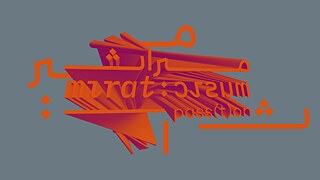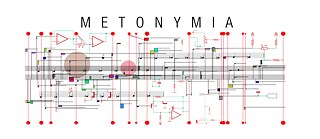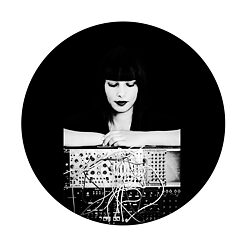M E T O N Y M I A
Research Method:
Concept: TARAB
Arabic music relies on the evocation of intense emotions. It places emphasis upon the effect invoked in the listener, and the interaction between performers and audience. The merging of music and emotional transformation is articulated in the concept of “Tarab.” Tarab, in Arab culture, refers to traditional forms of Arabic music which are capable of inducing an emotional effect. Tarab has often been referred to, by ethnomusicologists, as synonymous with ecstasy.In his book “Making music in the Arab world”, A.J Racy adopts the familiar term ecstasy. He says: “Tarab can be described as a musically induced state, implying experiences of intense emotional excitement, exaltation, a sense of yearning or absorption, a feeling of timelessness, and elation or rapturous delight. As a transformative psychological state, ecstasy fits other conditions associated with intoxication, empowerment, inspiration and creativity and is sometimes used to indicate mystical states of consciousness.”
From this perspective, speaking of Tarab as being inherently “ecstatic,” means we are implicitly describing an organic process through which sensations are “musically” conceived, codified and transmitted to the listener.
In this context, legendary composer and pioneer Pauline Oliveros, founder of the practice of Deep Listening, describes the practice as “a way of listening in every possible way to everything possible, to hear no matter what you are doing.” There’s more to listening than what meets the ear. Like in Tarab “Deep Listening” gives your brain the space to do what it does best - make connections, create and dream. It combines musical expression and the emotional impact of musical expression.
Working Method:
Metonymia is centered around the use of a modular synthesizer as a unique tool for improvisation that embodies both the performer and the listener simultaneously. Based on a generative patch, the building blocks of the modular synthesizer called “modules” act as a living organism that interact and listen to themselves and other (re)connected modules to generate escalating layers of imagination, meaning and memory. This improvised synthscape is an experimentation to explore the dynamics of Tarab generated by non-human actors (in this case a modular synthesizer,) and how this process comes into being through interacting discursive relationships that are embodied in the act of performing and enacted through listening.Rehab Hazgui
is a multimedia artist, composer and improviser of electronic music. Using the analog synthesizer and handmade audio devices, she explores the endless movement of sound, repetition and the use of silence as a third space on the boundary to navigate between different forms of listening. Much of her work is informed by her deep adoration for sound, and her grounded relationship with the analog synthesizer, a tool she has applied herself to not only as a composer and player but also as a designer and builder.


